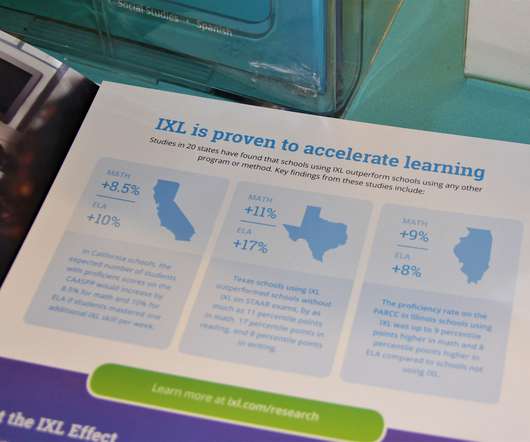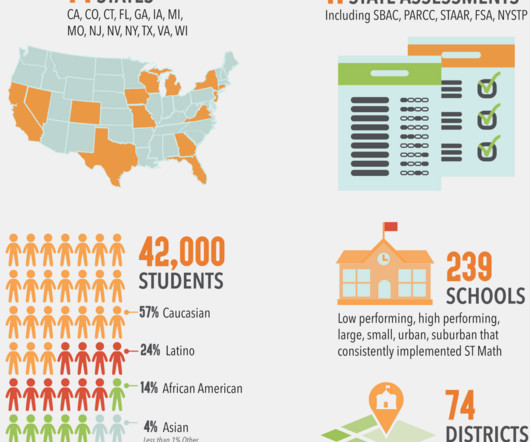U.S. K-12 Educational Technology Policy: Historical Notes on the Federal Role
Doug Levin
APRIL 21, 2016
Finally, somewhat for the sake of brevity, I have excluded consideration of the role of the E-rate (which is overseen by the Federal Communications Commission and not the U.S. ” How would the program operate? Federal Program Evaluations and Program-Related Reports: National Educational Technology Trends Study (NETTS).













Let's personalize your content